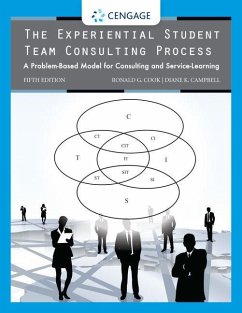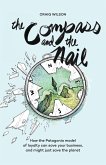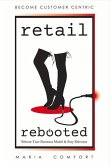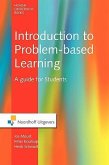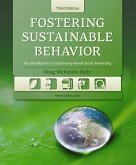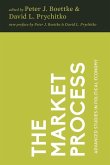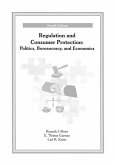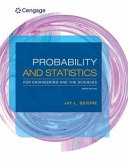This book provides a proven model for the experiential student team consulting process. It uses a pedagogically sound problem-based learning approach with clear examples from a number of award-winning engagements. Experiential courses are multi-disciplined learning experiences and this book will be most helpful for the unique demands of such a course. Our conceptual framework guides the pedagogy and the process flow model directs its sequential nature. Each section builds upon the previous one, directing students toward completing the consulting engagement. Our model promotes a conceptual understanding of the consulting process and the interactions between and among students, the team, the client, and the instructor. The model encourages communication among all stakeholders and can facilitate defining the project�s parameters, which are keys to a successful engagement. It also provides a hands-on guide to completing the consulting project. We have provided an example, tool or template for every element in the student consulting process, from team creation to the final report and presentation. New in this edition: Along with a new award-winning project example and substantial upgrades in our appendix, we offer three major additions to further help students and instructors cope with the intricacies of experiential learning: � The first is to broaden the discussion of small business consulting and explain the differences between student team consulting (academic setting) and non-academic consulting. � The second is to apply our proven approach in the student team consulting model to the non-profit world and highlight the issues students need to be aware of in service-learning projects. � The third is a new chapter on mentoring and the importance it can play in the student team consulting process. Mentors can provide additional resources and serve as a sounding board for the student team.
